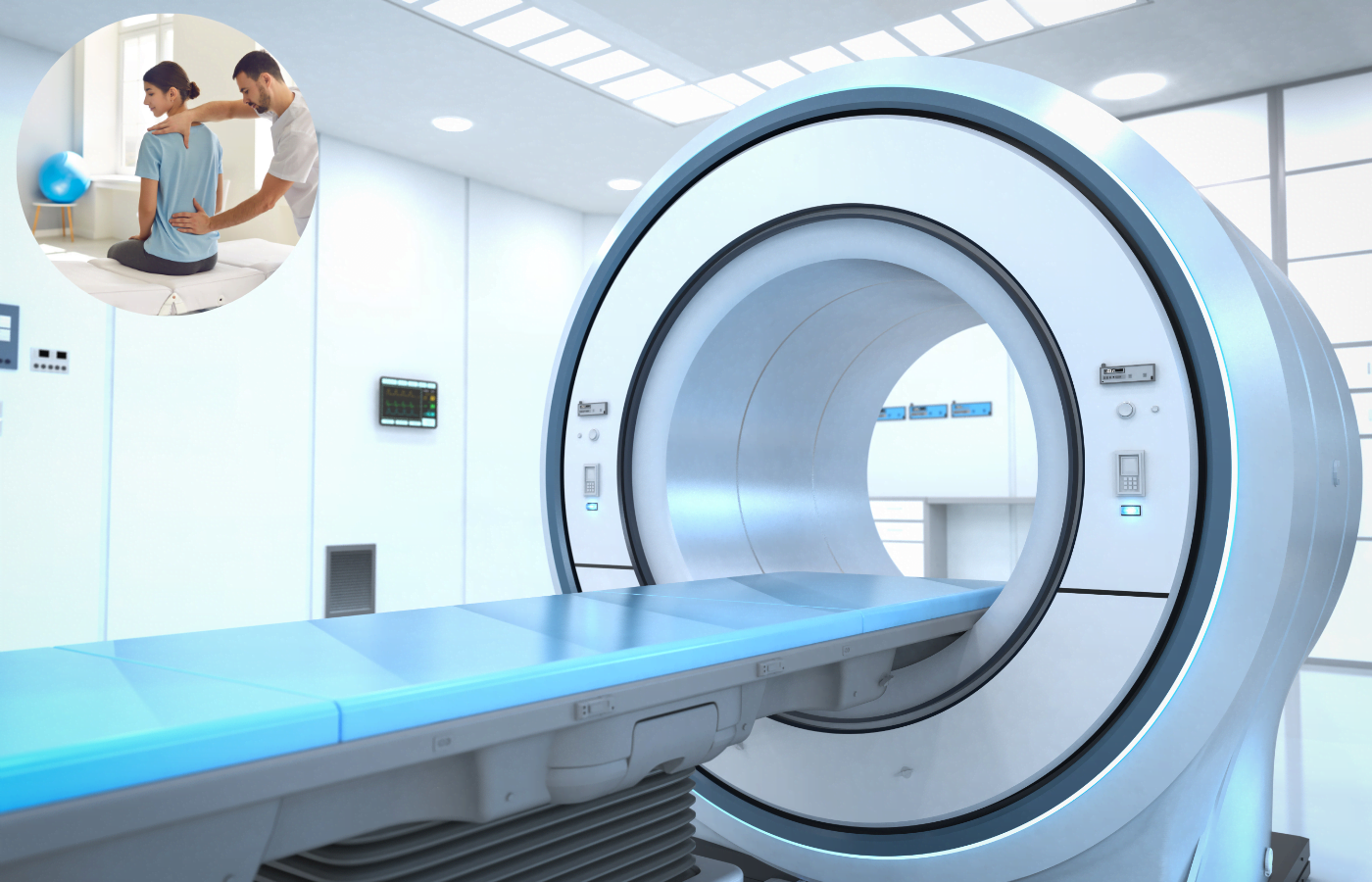
The MRI cervical spine scan is a crucial diagnostic tool used to examine the upper spine, neck, and surrounding soft tissues. It helps detect conditions like herniated discs, spinal cord injuries, nerve compression, and degenerative diseases. If you're searching for an MRI scan near me, Diagnopein offers advanced imaging technology with expert radiologists to ensure accurate diagnosis.
In this blog, we will explore what an MRI scan is, how an MRI cervical spine scan works, and why it is essential for diagnosing neck and spine-related conditions.
An MRI cervical spine scan is a non-invasive imaging test that provides detailed pictures of the seven cervical vertebrae (C1-C7), spinal cord, discs, nerves, and surrounding tissues. Unlike X-rays or CT scans, an MRI scan uses magnetic fields and radio waves to produce high-resolution images without radiation exposure. This makes it a preferred choice for diagnosing soft tissue injuries and nerve-related issues.
Doctors recommend an MRI cervical spine scan when patients experience persistent neck pain, nerve problems, or mobility issues. Some key reasons for getting this scan include:
1] Diagnosing Chronic Neck Pain and Stiffness - If you have ongoing neck pain, stiffness, or limited mobility, an MRI scan can help identify the underlying cause. It detects herniated discs, pinched nerves, or arthritis that may be contributing to discomfort.
2] Detecting Spinal Cord and Nerve Issues - An MRI cervical spine scan is used to evaluate spinal cord injuries, nerve compression, and inflammation. Conditions like cervical radiculopathy (pinched nerves) and spinal stenosis (narrowing of the spinal canal) can be diagnosed through this scan.
3] Assessing Disc Problems and Degenerative Conditions- MRI scans help in diagnosing degenerative disc disease, slipped discs, and spondylosis, which can lead to severe pain and discomfort. It provides a clear view of disc bulges, tears, or loss of disc height due to aging or injuries.
4] Evaluating Trauma or Injuries - After an accident, fall, or sports injury, an MRI scan near me is recommended to check for fractures, ligament tears, or spinal cord damage. Early detection helps in proper treatment and recovery.
5] Identifying Tumors and Infections - In rare cases, an MRI cervical spine scan can help detect spinal tumors, cysts, or infections affecting the vertebrae or spinal cord. It also helps in monitoring the progress of treatment for existing conditions.
If you’re preparing for an MRI scan, here’s what to expect during the procedure:
1] Preparation: No special preparation is required, but you may be asked to remove metal objects (jewelry, watches, or hearing aids). Patients with pacemakers or implants should inform the technician before the scan.
2] During the Scan: You will lie down on a sliding table, which moves into the MRI machine. The scanner is a large tunnel-like structure that creates detailed images. A technician may provide earplugs since the machine produces loud noises. The scan usually takes 20-45 minutes, depending on the complexity.
3] After the Scan: No recovery time is needed, and you can resume normal activities immediately. The radiologist analyzes the images and shares the results with your doctor.
If you're looking for a reliable MRI scan near me, visit Diagnopein for: Advanced MRI machines for precise imaging , Expert radiologists for accurate diagnosis , Affordable pricing with quick report turnaround , Comfortable and patient-friendly experience Getting the right diagnosis at the right time can help prevent complications and ensure better treatment outcomes.
An MRI cervical spine scan is an essential tool for diagnosing neck and spinal cord conditions. Whether you have persistent neck pain, nerve issues, or a recent injury, an MRI scan can provide the necessary insights for proper treatment. If you need an MRI scan near me, Diagnopein offers affordable, high-quality MRI scans with expert consultation. Book your scan today and take the first step toward a pain-free life!